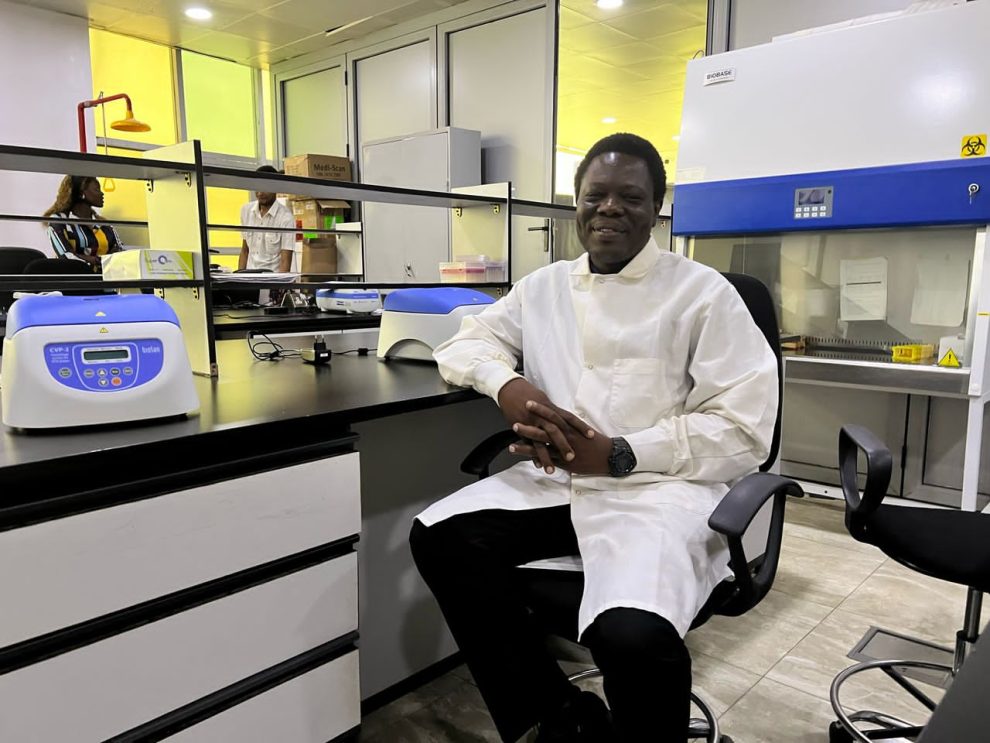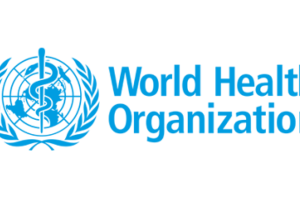A team of scientists at Covenant University in Nigeria has conducted what is being hailed as the first entirely local study to investigate the role of specific genetic factors, namely BRCA1 and BRCA2, in driving breast cancer among Nigerian women.
The research, led by Professor Solomon Rotimi of the university’s Department of Biochemistry, documented its findings in a paper titled ‘Screening of Germline BRCA1 and BRCA2 Variants in Nigerian Breast Cancer Patients,’ published in the journal Technology in Cancer Research and Treatment. The university announced the breakthrough in a statement on Friday.
While studies on genes like BRCA1 and BRCA2, known to significantly increase the risk of breast and ovarian cancer, have been extensive in Western populations, such research has been considerably less common in African populations. Previous studies conducted in Nigeria often relied heavily on foreign expertise.
Covenant University highlighted that although family history of cancer and genetic factors are established risk indicators, specific genetic drivers of breast cancer in Nigerian women have remained largely unknown.
The university stated that Professor Rotimi’s team had “bridged this gap” by publishing the “first-of-its-kind, entirely local study in Nigeria” to understand how changes, or variants, in the BRCA1 and BRCA2 genes may contribute to the development of breast cancer in Nigerian women.
The research team utilised advanced DNA sequencing technology to examine both genes in blood samples. Crucially, all laboratory work, from DNA extraction to sequencing and data analysis, was conducted locally at Covenant University’s Cancer Genomics Laboratory.
The study yielded several significant findings:
- Approximately 7% of the breast cancer patients studied had harmful changes in either the BRCA1 or BRCA2 genes.
- These harmful variants were exclusively found in women diagnosed with triple-negative breast cancer who also had a family history of the disease. The researchers noted the hereditary nature of these genes.
- These harmful variants were not detected in the healthy women included in the study.
- The team identified unique BRCA gene patterns, or haplotypes, that are distinct to Nigerian women and rarely or never observed in other populations.
- The study also uncovered numerous other BRCA variants that, while not individually harmful, could potentially contribute to cancer risk when combined with other genetic or environmental factors.
The university emphasized the significance of this research for cancer control efforts, describing it as a “milestone for African science” that demonstrates the capacity for independent complex cancer genomics investigations within Nigeria. It also highlighted the crucial finding that some Nigerian women may carry unique genetic markers for breast cancer not seen in Western populations.
The study’s findings, the university concluded, support the need for population-specific genetic testing and early screening tools tailored for Nigerian women. This could lead to earlier identification of women at higher risk of breast or ovarian cancer and pave the way for genetic counselling and more personalised treatment options, particularly effective for BRCA-related breast cancers.





Add Comment